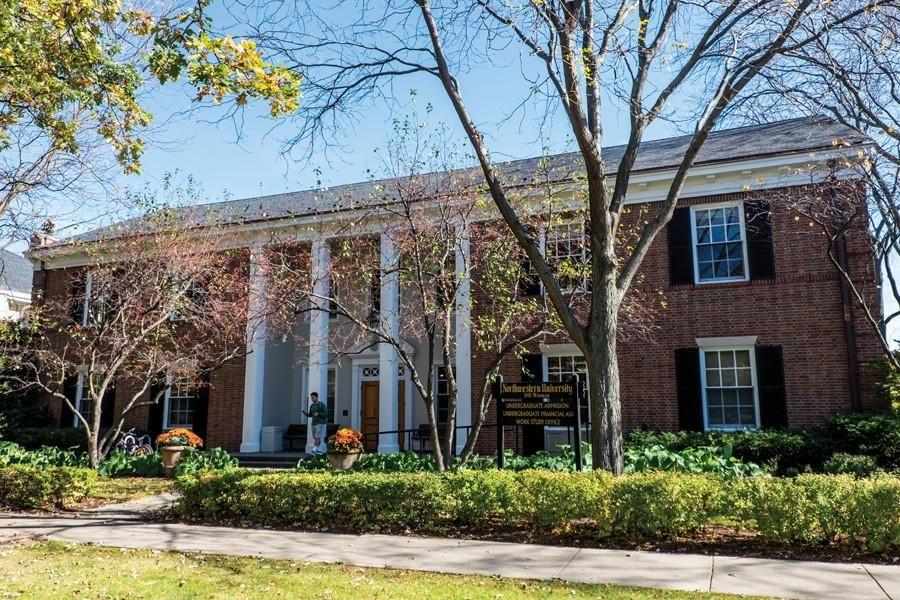Free digital financial aid tools available to Northwestern students, alumni
Daily file photo by Jeffrey Wang
The Office of Financial Aid at 1801 Hinman, Ave. The University announced a partnership with American Student Assistance to give students and alumni free access to a suite of digital financial support tools.
March 27, 2017
Northwestern students and alumni can now access a suite of digital tools to help them better manage their finances both before and after graduation, University administrators said in a news release.
A partnership between NU and American Student Assistance –– a nonprofit organization that aims to eliminate financial barriers to higher education –– was announced Thursday in the release. The University joins more than 300 other colleges, universities, nonprofits and organizations across the country that are using ASA’s Salt program, said Allesandra Lanza, ASA’s director of communication. The free program provides financial support through various online tools that allow users to search for scholarships, understand how to repay student loans and learn about basic finance principles.
“More colleges are realizing that students really need this type of financial literacy and financial education to not only be successful as students, but to be successful once they leave the school,” Lanza said.
The growing focus on financial wellness, or programs designed to help people improve their financial behavior, is a trend on college and university campuses, said Brian Drabik, senior associate director of financial aid at NU.
Introducing the Salt program to NU is part of an effort to expand the Office of Financial Aid’s financial wellness program, Drabik said. As a result of student feedback, the University decided it was necessary to provide more access to financial education, he said.
“When you think about a college education or university education, you’re leaving with a lot of tools to start your professional life,” he said. “Some of the educational experience doesn’t include some of these topics that everyone needs in order to have a successful financial future.”
Popular tools offered through the Salt program include a Repayment Navigator, which tracks a student’s loans and compares different repayment options, and live chats with financial aid counselors, Lanza said. The purpose of the program is to provide information in a “bite-sized” and understandable way, she said.
The Office of Financial Aid will send out a link via emails throughout April for NU students and alumni to access the portal, Drabik said. April is also national Financial Literacy Month, he said.
The program’s novel platform and wide variety of content, from educational courses to interactive games, was designed to appeal to students, said Tracy Drechsler, ASA’s manager of higher education partnerships.
“We hit the students with what they are in tune to,” Drechsler said. “They want it personalized. They want it relevant to their life and they want it to be mobile-friendly.”
Drabik said the program’s ability to be personalized is a “great” feature. After signing up, users complete a survey about which financial topics they want to prioritize receiving information about, and the program then makes recommendations of content based on the user’s answers, he said.
The program could benefit all students and alumni, regardless of their socioeconomic backgrounds, because it is important to have basic financial literacy, said Steffany Bahamon, president of NU Quest Scholars Network.
“Some people aren’t even aware of the fact that they don’t know this information, so just having those resources available will hopefully improve the financial wellness of people going forward,” the McCormick senior said.
Email: [email protected]
Twitter: @_allysonchiu


